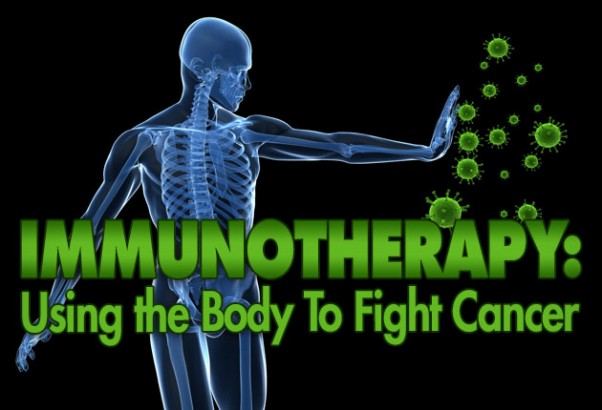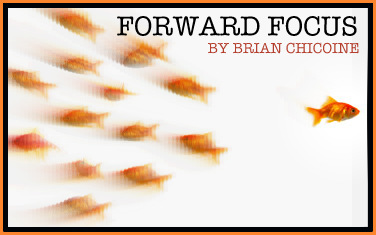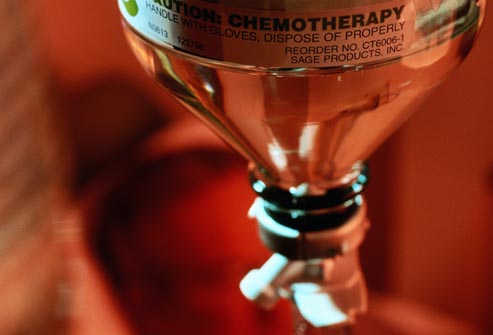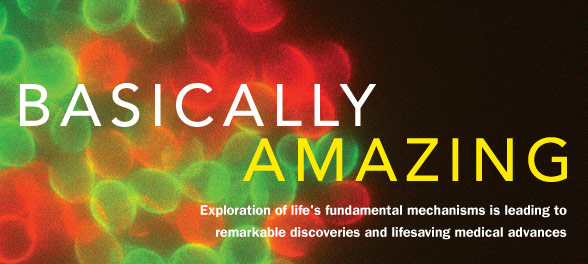
This article is dedicated to all those who are in the brave battle against cancer, as well as their families and friends who support them. This is also dedicated to those who have lo st the battle with cancer, as it is my hope that we are able to learn from their treatments and use that knowledge to discover and develop better, safer, and more comfortable treatments — and an eventual cure.
st the battle with cancer, as it is my hope that we are able to learn from their treatments and use that knowledge to discover and develop better, safer, and more comfortable treatments — and an eventual cure.
Over the past six months we have lost several people that we know to cancer. These people were family, friends, and colleagues. Some were people that we didn’t know personally but were known to us through film, music, and television. All of those lost leave family and friends behind, as well as lingering questions such as why in our age of technology and advanced medicine can we not seem to rid ourselves of this awful disease? I know that is a question that is often asked when someone close to us succumbs to this disease.

For those of us who have experienced cancer firsthand, we often see the treatment and realize that it can be just as bad as the disease. The harsh treatment that I refer to is chemotherapy, which was first used to treat cancer in the 1950s and is currently the primary one used. Chemotherapy has a five-year success rate ranging from 0.7 percent for stomach cancer to 40.3 percent for Hodgkin’s disease, according to cancertreatment.com. For those who undergo Chemotherapy, the side effects can be numerous, although some people do not have any negative reaction to the treatment. Some side effects include fatigue, nausea and vomiting, pain, hair loss, kidney and bladder effects, infection, and fluid retention. In fact, the side effects can be so harsh that some are choosing to stop chemotherapy even if it prolongs their lives. These people realize that chemotherapy does not cure cancer; it only prolongs lives, so weigh the time gained versus the side-effects of the treatment.
I have long wondered if there is a better way; a better treatment that would have a greater success rate with minimal side-effects, thus allowing a person to have a good quality of life while still fighting to rid their body of the cancer. I’ve always held onto the hope that such a treatment was close and have found that it is not only close but is actually being used, and has been reportedly successful!

The treatment that I’m referring to is called Immunotherapy, which is a treatment that uses certain parts of a person’s immune system to fight diseases such as cancer. Immunotherapy either stimulates your own immune system to work harder or smarter to attack cancer cells or gives your immune system components, such as man-made immune system proteins. Immunotherapy has been very successful against cancer, which is a tough disease to fight partly because of how it develops and how it often masks itself so goes undetected until treatment options are limited. In addition, there are over 60 types of cancer, which makes it even more difficult to treat.
The technology for immunology being used to fight cancer was first developed in the 1970s and has evolved into the treatments that are used today. Early clinical trials of modern treatments included the successful partial or complete shrinking of tumors in 18 percent of patients with non-small cell lung cancer, 28 percent of those with melanoma, and 27 percent of people with kidney cancer. The trials were so promising that cancer immunotherapy was named the 2013 “Breakthrough of the Year” by Science Magazine. A study by the University of Maryland Medical Center found that 70 percent of multiple myeloma patients responded positively to immunotherapy.
 One trial done in Great Britain resulted in 60 percent of skin cancer tumors either being shrunk or brought under control. The trials have also shown us that immunotherapy has been particularly effective against some of the deadliest types of the disease including lung and skin cancer. Some of the patients who participated in the trials were expected to only survive for months but went on to live normal lives. Because of the success of these trials, there is growing hope that immunotherapy could replace chemotherapy as the standard cancer treatment within the next five years.
One trial done in Great Britain resulted in 60 percent of skin cancer tumors either being shrunk or brought under control. The trials have also shown us that immunotherapy has been particularly effective against some of the deadliest types of the disease including lung and skin cancer. Some of the patients who participated in the trials were expected to only survive for months but went on to live normal lives. Because of the success of these trials, there is growing hope that immunotherapy could replace chemotherapy as the standard cancer treatment within the next five years.
Not only are people living longer lives because of immunotherapy, but the quality of their lives has increased because there is no need for the harsh treatments that are now often required, (such as chemotherapy). Imagine cancer treatments that simply train the body to fight the disease without the harsh effects of options like chemotherapy.
The hope of finding a cure for cancer is becoming a reality. Significant progress on the treatments have been made, which could lead to an eventual cure. Immunotherapy is a significant step forward in our fight against cancer.
⇒Click here to check out Forward Focus archives.
 Forward Focus explores how entrepreneurship, innovation and ideas are changing the way we see and do things and how they can move us and our communities forward.
Forward Focus explores how entrepreneurship, innovation and ideas are changing the way we see and do things and how they can move us and our communities forward.
The author, Brian Chicoine, is a New Hampshire native who merges his passion for entrepreneurship and innovation with his love of new and bold ideas to bring the reader a fresh perspective on the way things are done. Brian writes from the perspective that nothing is impossible and loves to ask “why not” and “what box?”
Brian was born in Nashua and was raised in Raymond and Manchester. A couple years after graduating from West High School, Brian attended college in Manchester. Brian loves the ocean and wanted to experience life in a Southern New England city so moved to Providence to complete his undergraduate degree. After graduation, Brian and his new wife Jackie lived in Manchester for about five years and had two sons. Brian and his family then returned to Jackie’s home state of Rhode Island.
Brian and Jackie live in Providence where they are raising their two “no box thinkers and doers” and are building a multi-venture company.
 You’re one click away! Sign up for our free eNewsletter and never miss another thing.
You’re one click away! Sign up for our free eNewsletter and never miss another thing.







